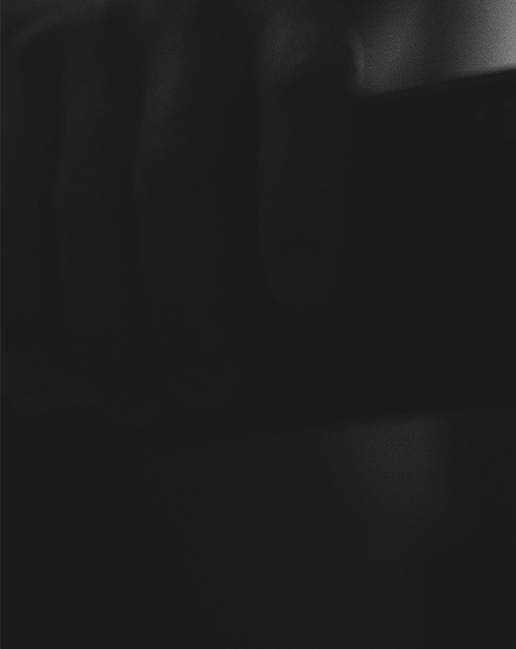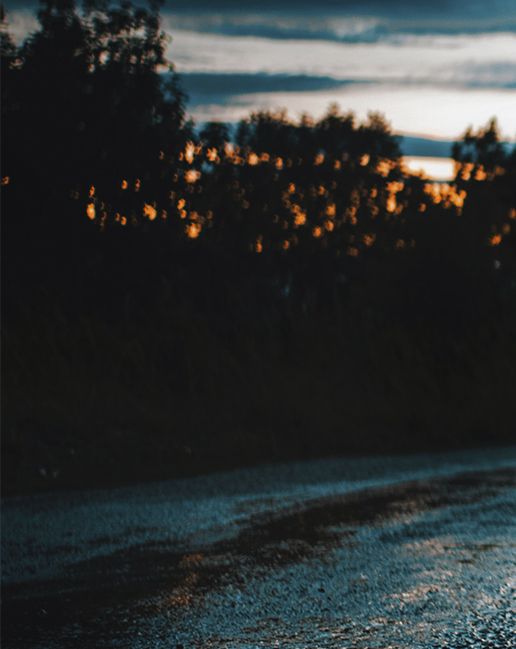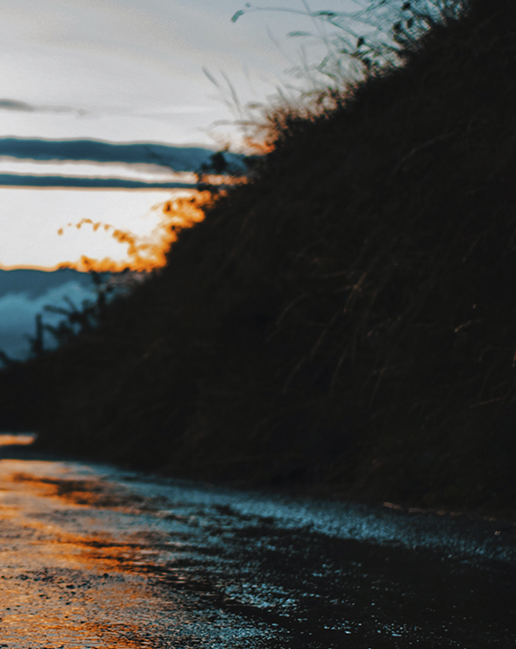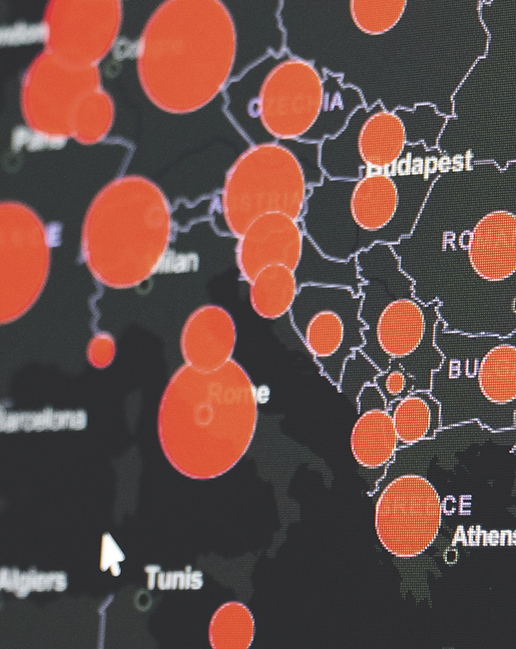13 Jun Wine Tasting, Weight Loss, Surviving a Pandemic and Building Exponential Startups
How to Taste like a Master Sommelier
The first time I tasted red wine was a life-changer for me, not only for the taste but everything around winemaking, the history, the culture, the regions, and the complexity. Because of this passion, I decided to study it professionally. I got a certification as a sommelier in 2012. I travelled to the United States to get certified by the Court of Master Sommeliers and a year later to Italy with the Vinitaly International Academy. In 2013, I won the best sommelier award in my region. Still, before all these accomplishments, I never had a privileged nose as most people think you need to have to become a good sommelier. However, my wife does. So to become a good taster and identify wines blind, I had to learn about the science of wine tasting, the aromas chemistry, and rely not only on my nose but something else that allowed me to keep following my passion. So I decided to investigate what the great Masters’ Sommeliers do; one of them and later a teacher in my introductory course and examination taught me his methodology: to imagine a mental grid; in this grid, you place the different aromas of the wine tasted. Then you apply the deductive method that aims to eliminate from your knowledge what is not in the wine and choose from what it does so that you can match the aromas with a specific wine, grape or region. Applying this method helped me overcome my studies with the support of my gifted wife and her nose and become one of the best sommeliers in my area.



Overweight vs Ironman
In 2015, I was overweight 116Kg, around 256 pounds, high cholesterol, high sugar, had some health problems, and visited many doctors. An old friend from my university came to see me. He was fit, doing a lot of exercises, and he had just finished an Ironman. Because of my old relationship with him, his words about my body and health struck me. So finally I decided to do something about it. I tried several exercises, reduced food consumption and other good health practices for several weeks, but it did not improve much; I did not have a system or methodology in place. Then, I remembered how I became a good taster and thought I could improve my health if I used a system with processes and metrics. So I created a routine based exercise, a smartwatch to monitor my heart rhythm, calories count, daily steps, etc.; bought a scale to measure my weight, set milestones and used the metrics to improve my health by reducing my weight 33Kg, around 72 pounds. After several years I still maintain my weight, no high sugar or cholesterol, just visiting doctors for annual check-ups.



The Stockdale Paradox
During the 2020 Covid-19 pandemic, the world was highly affected, cities locked down, industries paralyzed, businesses closed doors and lost jobs. It was no different in Mexico; our lockdown started on March 17. I was visiting customers that day and was requested to fly back before the banning of flights started. Our companies, one in the mining industry, the other in the hospitality industry, were shut down. Both sectors were not considered essential. We struggled a lot, but we prevailed.
To understand how we overcame the crisis dates back to around 2018 when in our mining enterprise, we started the establishment of Corporate Governance. With this framework comes the development of structure and process that supports the company’s direction; a board of directors ensures accountability, fairness, and transparency in its relationship with all stakeholders. Imagine how messy a big change can be like this when you are a family business with fifteen years of working with your employees as if they were part of the family. Installing a new culture around accountability, metrics, and job descriptions led to people leaving the company, no one had clarity of what was happening and culture struggles.
“You must maintain unwavering faith that you can and will prevail in the end, regardless of the difficulties, and at the same time, have the discipline to confront the most brutal facts of your current reality, whatever they might be.” – The Stockdale Paradox, Jim Collins in his book Good to Great.
Before the pandemic, I just travelled around 288 days a year, primarily by air. It was no different back in 2018 when the establishment of corporate governance was taking place. In those days, turbulence, rains, and lightning storms were part of my daily travel. One day, I was on a night flight to the northern part of México, turbulence started, and I got terrified. I thought I was going to die. This fear followed several trips until I spoke with a friend and mentor that, seeing my frustration about the cultural mess in the company, gave me a book called Predictable Success by Les Mckeown that illustrated the life cycles of a corporation in a very comprehensive way.
During a flight, I started reading the book and forgot my fear. It’s when I understood that the source of my anxiety came from the lack of control in my professional life, which also impacted my personal life and the mess around our organization. Understanding where the company was, identifying where we wanted to go, the steps, process, methods, metrics, and the right partners in the business allowed us to take control of the company, and I got back my life. This story is essential because it paved the road to surviving the pandemic by learning and implementing methodologies like Scaling Up, the ExO Framework, and discovering innovative methods like EBELI (more later).



Connecting the Dots
Well, let me explain. During the pandemic, not everything was terrible. I had the opportunity to stay at home with my wife and my three young kids, learn a lot, and meet great people in this community.
In lockdown days, I joined and organized hackathons, global challenges, mentored, coached, and consulted businesses, startups, and entrepreneurs trying to improve the world, improve the global catastrophe, and translate ideas into business. I have been doing this in the last 19 months or so. As Bob Dorf said in the Future of Entrepreneurship: “I don’t think any of us as entrepreneurs have a choice between being a mentor and being an entrepreneur, we should all find an hour a week to pay it forward and pay it back, to help the next generation, to teach some little bit of what we learned to the next men or women to help them build something great as well!.” I got deep in Evidence Based Entrepreneurship & Lean Innovation, a method that has been around +20 years and has proven its effectiveness. EBELI has a series of steps that allows building a venture from scratch, and wherever stage you are as an entrepreneur or startup, with the support of Instructors and sherpas that accompany you in your journey.
Here is where everything is connected, wine tasting, weight loss, prevailing in pandemic times, and building your next exponential startup to positively impact the world. It’s about using the First Principle Thinking, the act of crumbling a process down to the fundamental parts that you know are true and building up from there, the same principle that Elon Musk used to send a rocket to space.
Pretty easy, right!
We as entrepreneurs know precisely what we want to achieve but sometimes it is hard to have clarity on the next step we need to take. In order to advance on our venture, we need to have the precise methodology, the mindset of overcoming any challenge and a support and accountability system. That is exactly where abundance-mindset based communities like OpenExO play a substantial role. That is why step-by-step processes like EBELI are critical. That is why support from experienced entrepreneurs like ExO Builder Instructors and sherpas is imperative.
Want to Build an Exponential Startup? Join the community (OpenExO), follow the process (EBELI), and ask for help (ExO Builder). We literally cannot make it simpler.


